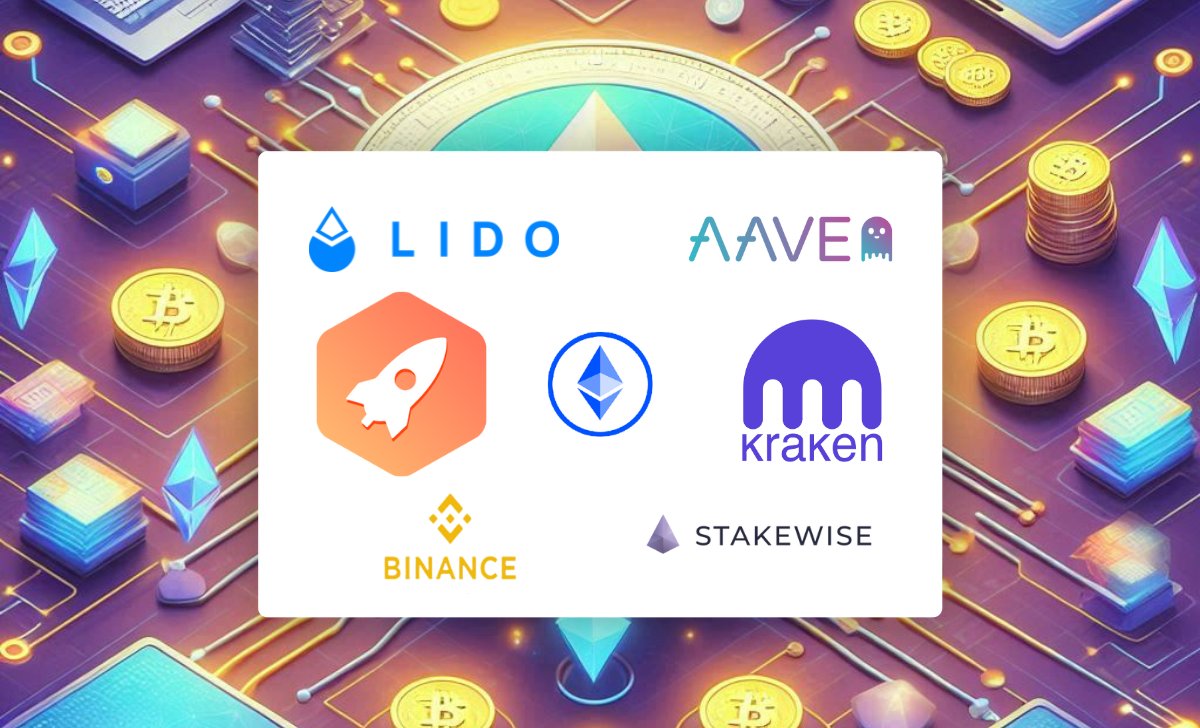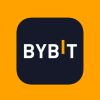The best DeFi Staking Platform choices in 2025 are more diverse and competitive than ever, offering crypto users a reliable path to passive income. This selection depends on factors like APY, supported tokens, platform security, and community trust.
This article of TopCoin9 will guide you through what DeFi staking is, a detailed review of the top 7 platforms, how to choose the right one to get started!
What Is DeFi Staking?

DeFi staking refers to the process of locking up crypto assets in a decentralized platform to earn rewards, usually in the form of additional tokens. Unlike traditional financial systems, DeFi staking doesn’t rely on intermediaries like banks — instead, it operates via smart contracts on blockchain networks such as Ethereum or Solana.
According to Investopedia (2024), staking supports blockchain security and helps validate transactions. In return, users receive rewards based on the amount and duration of their stake.
Benefits of DeFi staking include:
- Earning passive income
- Supporting network decentralization
- Avoiding intermediaries and custodial risks
However, risks such as smart contract vulnerabilities and token volatility should also be considered.
Now that we’ve covered the basics, let’s quickly look at the top DeFi staking platforms for 2025 in the next part!
Best DeFi Staking Platform 2025 – Quick Overview

Here’s a side-by-side comparison of the best DeFi staking platforms of 2025 based on APY, supported tokens, and unique features:
| Platform | Avg. APY | Supported Tokens | Key Feature |
| Lido Finance | 4.50% | ETH, MATIC | Liquid staking |
| Rocket Pool | 4.30% | ETH | Fully decentralized |
| AAVE | 5.00% | ETH, DAI, USDC | Lending + staking |
| Binance DeFi | Up to 7% | Multiple tokens | High APY, custodial risk |
| Coinbase Staking | 3.50% | ETH, SOL | Regulated, easy-to-use |
| Kraken | 4.20% | ETH, DOT | Reliable and secure |
| StakeWise | 4.40% | ETH | Dual-token staking system |
Each of these platforms offers distinct advantages, which we’ll explore in depth in the next section.
Top 7 Best DeFi Staking Platforms (In-Depth Review)

If you’re looking to maximize your rewards and minimize risks, exploring these top 7 best DeFi staking platforms in 2025 is a smart move — especially if you’re also searching for the best crypto to buy now to grow your long-term portfolio.
Lido Finance
Lido is one of the most trusted names in DeFi staking, especially for Ethereum. It pioneered liquid staking, allowing users to receive stETH tokens representing their staked ETH.
- Pros: High liquidity, strong community, widely integrated
- Cons: Protocol centralization concerns
According to CoinDesk (2023), Lido handled over 30% of all ETH staking by the end of 2023.
Rocket Pool
Rocket Pool offers a truly decentralized staking experience and is ideal for users who value network autonomy. You can stake as little as 0.01 ETH.
- Pros: Permissionless, secure smart contracts
- Cons: Slightly lower rewards than centralized options
Cited by Ethereum.org (2024), Rocket Pool aligns closely with Ethereum’s decentralization philosophy.
AAVE
As a DeFi lending giant, AAVE also allows users to stake AAVE tokens or earn from staking stablecoins through lending pools.
- Pros: Dual functionality (lending + staking)
- Cons: More complex for beginners
Backed by Messari’s 2024 DeFi report, AAVE continues to dominate DeFi staking in terms of Total Value Locked (TVL).
Binance DeFi Staking
Binance offers an easy entry into staking with competitive APYs. However, it’s technically custodial, meaning users must trust Binance to hold assets.
- Pros: High APY, supports many tokens
- Cons: Not fully decentralized
Forbes (2023) noted Binance’s DeFi staking as a top choice for passive income seekers, though it comes with centralized trade-offs.
Coinbase Wrapped Staking
Coinbase is a go-to platform for US-based users seeking compliant staking options. It offers ETH, SOL, and other supported assets.
- Pros: Regulated and beginner-friendly
- Cons: Lower APY than DeFi-native protocols
The SEC’s 2023 review allowed Coinbase to continue offering staking in some states, boosting user confidence.
Kraken DeFi Staking
Kraken is known for its security-first approach. It supports both on-chain and off-chain staking, giving users flexibility.
- Pros: High reliability, strong brand trust
- Cons: Limited DeFi features
As reported by Bloomberg (2024), Kraken’s staking services have grown despite regulatory hurdles in the U.S.
StakeWise
StakeWise uses a unique dual-token system (sETH2 and rETH2) to increase transparency and efficiency in staking.
- Pros: Liquid staking, real-time rewards
- Cons: Less liquidity than Lido
StakeWise was recognized by CryptoSlate (2024) for its innovation in Ethereum staking protocols.
Now that you’ve seen the top contenders, let’s discover how to choose the best DeFi staking platform for your needs through the content below!
How to Choose the Best DeFi Staking Platform for You

Choosing the best DeFi staking platform depends on several key factors:
- APY & Reward Structure: Check the platform’s annual percentage yield (APY) and verify whether rewards are fixed, variable, or compounded. According to Investopedia (2024), understanding reward mechanics is essential to estimating long-term gains.
- Supported Tokens: Only choose platforms that support the tokens you plan to stake, such as ETH, MATIC, or USDC. As per CoinGecko (2024), token compatibility directly impacts staking efficiency.
- Fees & Lock-up Periods: Review any performance fees and whether your assets will be locked for a period. Forbes (2023) recommends reading the platform’s fee structure thoroughly to avoid hidden costs.
- Platform Security: Choose platforms with regularly audited smart contracts and a transparent codebase. ConsenSys Audit Reports (2023) confirmed Lido and Rocket Pool meet key security standards.
- Reputation & Community: Look into user reviews, developer activity, and community engagement. According to Messari (2024), platforms with active communities tend to maintain better uptime and faster issue resolution.
Conclusion
Choosing the best DeFi staking platform in 2025 can open up smart, passive income opportunities when done right. We hope this guide has helped you understand key factors and top platform options. Don’t forget to follow our latest articles for more trusted insights from the crypto world.

Emily Thompson is a highly skilled crypto writer and strategist with extensive experience in blockchain journalism, having contributed to Cointelegraph and Binance Academy. At TopCoin9, she ensures high-quality, SEO-optimized content that educates and informs the crypto community.
Email: [email protected]












